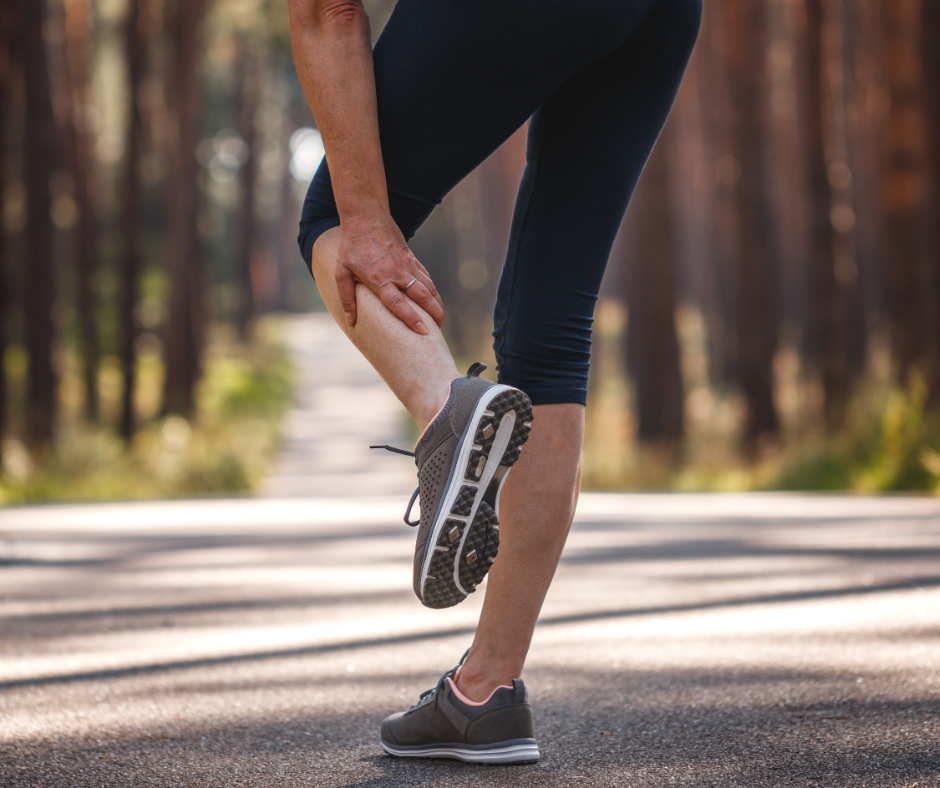How Tight Calf Muscles Affect Your Feet
We often focus on what’s happening right in our feet when pain strikes, but sometimes, the root of the problem lies higher up in the leg. Tight calf muscles are a surprisingly common cause of many foot and ankle conditions that we at Goldsmith Podiatry routinely treat. We will outline those in this article, but first, let’s talk about what causes tight calves in the first place.
What Causes Calf Muscles to Tighten Up?
Sometimes, it’s as simple as not stretching. Your coaches were right: if you don’t regularly stretch your calves, even after a workout, they can naturally shorten and lose flexibility over time. Since movements from running, basketball, or even prolonged walking (particularly uphill or on uneven terrain) constantly engage these muscles, they become chronically tight without adequate stretching and recovery.
Even sudden increases in activity, like jumping into a new exercise routine or rapidly increasing mileage without proper conditioning, can overload and tighten calf muscles.
Poor shoe choices? They play a role, too. Regularly wearing high heels keeps your calf muscles in a shortened position, which can lead to tightness. And even flat, unsupportive shoes can make your calves work harder to stabilize your foot.
Why Tight Calves Spell Trouble for Your Feet
Your calf muscles connect to your heel bone via the Achilles tendon, which then connects to the plantar fascia on the bottom of your foot. When the calf muscles are tight, they constantly pull on this connection, which can lead to conditions like:
Plantar Fasciitis: The increased pull on the plantar fascia can lead to inflammation and micro-tears at its attachment to the heel bone.
Achilles Tendonitis: The constant strain from tight calves directly inflames the Achilles tendon itself, which causes pain, stiffness, and tenderness at the back of the heel.
Heel Spurs: While not always the cause of pain, the chronic pulling of a tight plantar fascia on the heel bone can stimulate the growth of a heel spur as your body tries to reinforce the area.
Metatarsalgia: Tight calves can alter the way your foot pushes off the ground, which transfers more pressure to the ball of your foot.
Bunions and Hammertoes: While primarily linked to genetics and footwear, tight calf muscles can change how you walk and cause foot deformities.
Shin Splints: When the calf muscles are tight, other muscles in the front or inside of the shin might have to overcompensate.
Your feet are more than just your foundation—they're messengers of your overall health. If you notice any of the symptoms above, don’t wait. Contact Goldsmith Podiatry today at (212) 877-1002 to schedule an evaluation with Dr. Howard Goldsmith, Dr. Rosanna Troia, or Dr. Kristina T. Ruff. We're here to help you stay one step ahead of foot-related health problems—because healthy feet support a healthy you.

